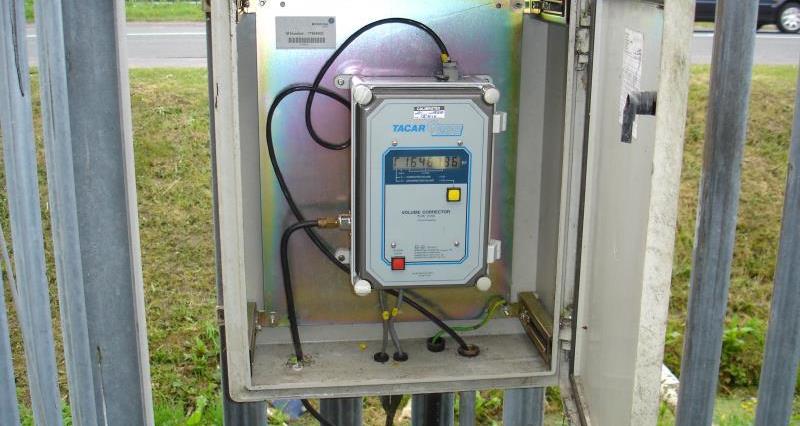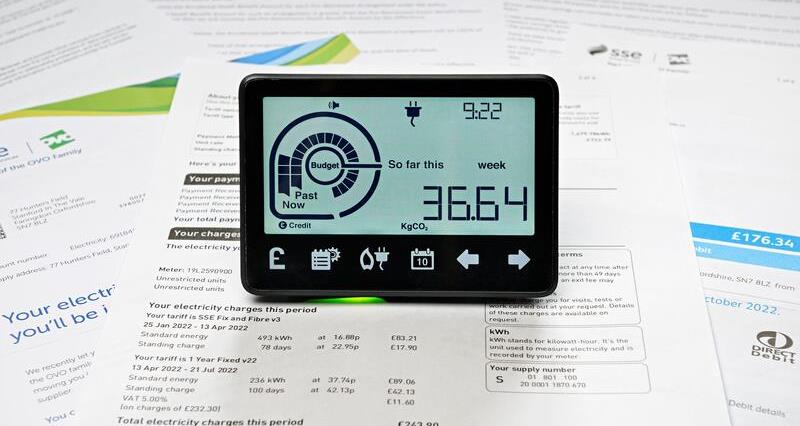Key points to note:
1. The scheme replaces the EBRS
The EBDS (Energy Bill Discount Scheme) was announced on 10 January 2023 and will replace the EBRS (Energy Bill Relief Scheme) when it expires at the end of March 2023.
The scheme will run for a period of 12 months from 1 April 2023 and is for businesses that have agreed a contract since 1 December 2021. Businesses out of contract or on variable price contracts are also eligible.
2. There's no price capÂ
The EBDS offers far less protection to businesses from volatile energy markets than the EBRS currently does.
In the EBRS scheme, which ends in March, the commodity energy costs in a business’ bill are essentially capped, with the government making up the difference between the energy price in the contract and the cap level.Â
In the new EBDS, which starts from April, there is no cap. Instead, businesses are afforded a token discount if the contract energy price is above a threshold price:
- For electricity, if the wholesale portion of the bill rises above ÂŁ302 per MWh (30.2p per KWh), a maximum discount of ÂŁ19.61 per MWh (1.96p per KWh) is applied
- For gas, if the wholesale portion of the bill rises above ÂŁ107 per MWh (313.6p per therm), a maximum discount of ÂŁ6.97 per MWh (20.4p per therm) is applied
The replacement of a cap with maximum discounts shifts energy market risk back onto businesses, which now need to think proactively about managing the risk.
3. Farm level sectors left out of additional support
Additional support was announced under the . This ETII offers a higher level of protection for a pre-defined selection of industries:
- The ETII scheme is heavily weighted towards manufacturing and processing sectors with many pre, and post farm gate sectors covered
- The ETII scheme looks to cover very few small businesses
- The ETII scheme does not cover farm business categories.
»ĘĽŇ»ŞČËis incredibly disappointed that our most energy dependent sectors have not been considered for additional support.
4. Shopping around for better deals
Farming businesses are encouraged understand that energy costs risks are being repatriated to them from the end of March and as contracts come up for renewal, invest time in shopping around.
Currently (as of early January), with energy costs falling there should be less tension in the markets versus most of 2022. This should enable better deals to be found.
NFU Energy has unveiled a to help you find the best option for your farm. Alternatively, if you'd like to speak to a member of their team, you can call them on: 024 7669 8885.
5. Get the most out of current support
Until the end of March, business should ensure that they are getting maximum benefit from the existing EBRS scheme and ensure suppliers are passing on the appropriate relief.
»ĘĽŇ»ŞČËteam have put together a handy briefing for members which breaks down the detail of the scheme: Energy Bills Discount Scheme | Member briefing
To read the government guidance for the Energy Bills Discount Scheme in full see:


